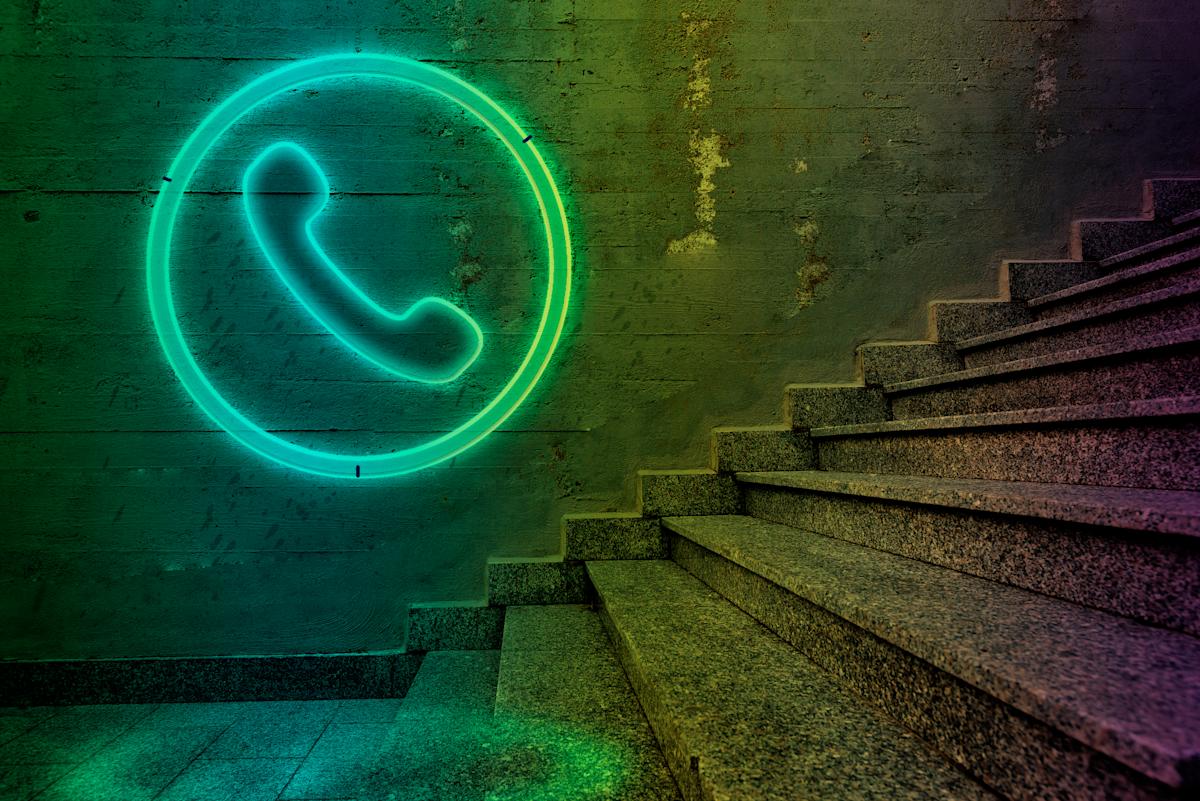IDK if there are many of those things still being made, but sure, if there’s any private info on the player and you’re trying to be ultra careful, then get one without Bluetooth. I can also imagine (IDK if this has actually been done) someone using a bluetooth attack to turn the player into an audio bug from (say) the next room.
Players do tend to have built in microphones so you can use them as audio recorders. I had (and mostly still have) a bunch of different ones, though they were audio only and not video, or at any rate had tiny screens. There are tons of them on ebay.
If you’re going to carry a big player with video and an ebook reader, why not just take your phone? Put it in a mode that blocks all calls. Or get another phone and use it with no sim and turn off the wifi. Then you can run your usual audio and video players. Dedicated players were once popular but now are very niche, since everyone uses their phone now.
FIIO makes some good ones if you still want to shop around.

I think those are two different things. They might do 1000s of secret break-ins per year, maybe 10,000’s. But probably not millions. OTOH, mass surveillance is used against just about everyone, i.e. billions. So the scale is different.
Here in the US, I suspect secret break-ins are rare, because they are risky (armed occupants etc). So they do SWAT raids instead. Abusive and too often fatal, but not that secret.

In the US it’s always been possible to do this with a proper warrant, though avoiding detection if the person expects something could be difficult. Security cameras and so on.
I’m not too bothered by this given how much work it is. They will only do it if there’s a criminal case or some other significant interest to work from. It’s not a tool of warrantless mass surveillance even though it’s been done abusively/illegally from time to time.

I’ve bought and activated several prepaid phones over the years, paid cash, obviously pseudonymous name, no ID. Last was several years ago, idk if you can still do that. When I did it, it was at phone stores and they told me it was ok.
That said, phones will never be private. There’s too much tracking and logging. People can’t accept that, because they love their phones too much. But you have to make a choice. Anonymous carriers are of almost no help because all the stuff about deanonymizing database records applies even more to phones. At best they help stay away from some marketing crap and stuff on that level. Government surveillance will see right through it.
digital photo frame seems like an ideal way to do that.
What? What’s wrong with either just putting them on a web album and letting the family browse them, or else sending actual physical prints? I certainly wouldn’t want a digital frame in my living room with someone else controlling what it was showing.

I wonder if any comparable services don’t re-use the address when it’s on the service’s domain, maybe after a grace period. I use fastmail mostly for my own domains though I do have some addresses on theirs. Certainly if you let a domain expire, the registrar will sell it to someone else. Seems similar.
Someone once offered me a nice chunk of cash for one of my domains. I might have accepted it if they didn’t want the domain handed over immediately. It’s a domain I receive some email through, so would have wanted a shutdown period to prevent at least some of the email for ending up with the domain’s new owner.

I’ve been using fastmail.com for a long time and am satisfied, though it’s on the expensive side and I haven’t looked into every alternative.
If you want cheap email hosting for your own domain, mxroute.com has been around for a while and cranemail.com is new, but both are small companies run by people who know what they are doing (online acquaintances of mine if that matters).
My idea for a long time has been to connect my laptop charger to a pedal-powered generator, so I can still stay online for as much time as I want, but I have to get some exercise (by pedalling the generator) to keep the computer running. Let’s say 30 minutes of pedalling for a few hours of connection time.

I will check on that but I had thought that the point of moving from mag stripe to chip cards was to stop exposing the card number. The is instead a 2 way encrypted conversation between the chip and the bank server. I had expected the phone app to do about the same thing.
Also, payment terminals (I was once pretty familiar with them) are likely to be more secure than phones.

The thing in the US was about a sim farm in New York and the reporting was pretty stupid from what I could tell. At present you can get US mobile phones and sims without ID. Also, most services that send sms validation don’t care if it’s a real mobile number. I use a VoIP number and it’s usually fine.
If you’re using a hosted sim to forward SMS to your real phone # or email, you have to expect that a determined or powerful enough opponent will link the two. What happens then probably depends on what you were doing.

Interesting though as you say, also shady. Also seems marginal. Sending enough SMS to recover the monthly cost of the SIM cards seems likely to get the carriers’ attention after a while. Outbound SMS from Twilio are around 0.8 cents each in the US fwiw. Much less hassle. Maybe even less from carriers. No idea about EU.

The news article was about a specific incident in the EU and idk if it generalizes to “governments” but yes, sim farms, and in some cases racks full of real phones running apps, really do exist, mostly for skeezy if not criminal purposes. It’s not like some privacy conscious rando having a few burner phones for whatever. If they have 10,000 active phone numbers terminated in a warehouse, they are up to something sus.

The UN thing was stupid, it peddled a story about disabling the phone network bla bla. The real purpose of those sim banks is various forms of illicit scraping or click fraud, signing up for 100’s of fake SMS verified Facebook accounts so you can run sales scams, etc. That sounds like the nature of the thing that was just busted.
I think you don’t want to know the real answer. It sounds like you want a phone app, but what you really have to do is flush your phone down the toilet and use a totally different approach. Also, there is absolutely no way to avoid difficult opsec. The communications technology is irrelevant since the greatest vulnerability in any security system is the people who use it. Do you think the private messenger software will free sessions with your therapist from spying? Guess again.
As the saying used to go, you’re seeking a Star Trek solution to a Babylon 5 problem.

Old.reddit.com works fine with ublock for now.
I don’t know, it might depend on the crime. I believe that clergy get a higher level of privilege than therapists. You can literally confess a murder to a priest and they aren’t allowed to (and won’t) tell anyone.
Famously, in the 1970s, Daniel Ellsberg stayed out of jail after it emerged that Nixon’s fixers had broken into Ellsberg’s psychiatrist’s office to get his case files. These days they would just break into a computer.
I agree with that. I also get ill at the thought of posting a facebook meme, or even having a facebook acccount.
https://reason.com/2025/10/10/tennessee-man-arrested-gets-2-million-bond-for-posting-facebook-meme/
If you go to a therapist, make sure they don’t keep any computerized records of your therapy sessions. :(

I don’t have working cell service in my burner phone at all right now. I just use my regular phone as a wifi hotspot and run the retail app on the burner. But tello.com has some low cost pay-as-you-go plans. They are a T-mobile MVNO and are supposedly ok. I’m on a redpocket monthly plan and am fairly happy with it despite horrible reports about them in the past. Look at r/nocontract on spezzit for more ideas.


Airplane mode might be enough to shut off the radios in a phone that old. Also the 3G network is basically shut down now. So it’s a matter of just how careful you want to be. You might be able to use some kind of field strength meter to tell if the phone is still sending any radio signals.